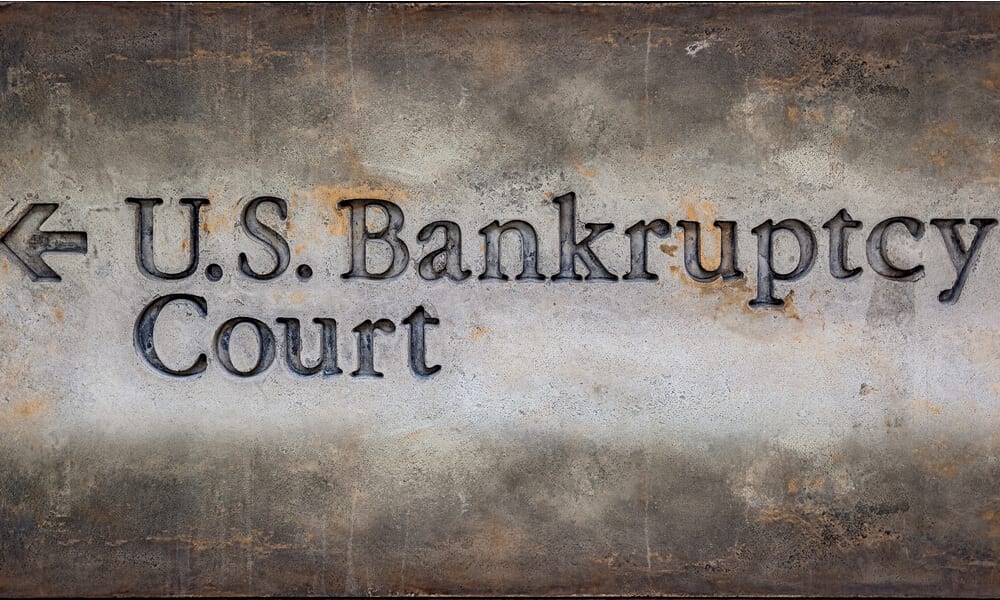Bankruptcy Court
Home > Bankruptcy >
Bankruptcy laws go all the way back to the U.S. Constitution and have seen many changes over the years. Article 1, Section 8, Clause 4, of the Constitution authorizes Congress to create “uniform laws on the subject of Bankruptcies throughout the United States.”
The latest law dealing with bankruptcy courts passed in 1978 and established a bankruptcy court in each of the country’s 94 federal jurisdictions. The Bankruptcy Reform Act revised and codified the Bankruptcy Code, under which most bankruptcies are filed. Personal bankruptcies are covered under Chapter 7 and Chapter 13; business bankruptcies fall under Chapter 11.
All bankruptcies must be filed in federal court; they cannot be filed in state court. Each case is heard by a bankruptcy judge, who is appointed to a 14-year term by the U.S. Court of Appeals for that district.
How a Bankruptcy Case Gets Started
A bankruptcy case normally begins with the debtor filing a petition with the appropriate bankruptcy court. You could try to file a bankruptcy petition yourself, but typically this is done by an attorney who understands the legal proceedings. The debtor is required to list assets, income, liabilities, and the names and addresses of all creditors and how much they are owed. The filing of the petition prevents, or stays, any debt collection activity against the debtor and his or her property.
Creditors then receive notice from the court clerk that the debtor has filed. If the court decides that there is little money available from the debtor’s estate — the legal and equitable interests, tangible assets and intangible rights — to repay creditors, and there are no outstanding issues or disputes, the judge may grant a discharge of most debts without objection. This means that the debtor will no longer be liable to his creditors, and they can no longer contact him about the debt or try to recoup it. (A discharge does not apply to secured debt such as a car; some debts are not dischargeable.)
How Bankruptcy Disputes are Settled
If disputes arise over who owns certain property, what the property is worth, which debts should be discharged, and how much money should be paid to whom, a trustee reviews the petition. The trustee — who may be a private individual or a corporation – can bring action against the debtor or creditors, make distributions to creditors, supervise the liquidation of property, and oversee repayment plans.
Trustees are appointed by the U.S. Trustee or a bankruptcy administrator and serve as officers of the U.S. Department of Justice. The role of the trustee was expanded by the 2005 Bankruptcy Abuse Prevention and Consumer Protection Act. The trustee now must consider whether the debtor is required to repay his or her debt under Chapter 13; the trustee also must require the debtor to receive credit counseling and financial education.
Decisions by bankruptcy judges are subject to appeal in district court, or to the Bankruptcy Appellate Panel (BAP) for the judicial circuit.
Bankruptcy is a complex process with long-lasting consequences. Debtors are strongly encouraged to seek legal advice before entering a bankruptcy petition. Websites for individual bankruptcy court districts offer valuable information about bankruptcy laws and procedures, and the debtors’ rights and responsibilities within the system.
Sources:
- http://www.uscourts.gov
- http://www.justice.gov
- Kimball, C., & Doria, F.K. (2002). The Everything Get Out of Debt Book. Avon, MA: Adams Media Corp.
- Ventura, J., & Reed, M. (2007). Managing Debt for Dummies. Hoboken, NJ: Wiley Publishing Inc.

